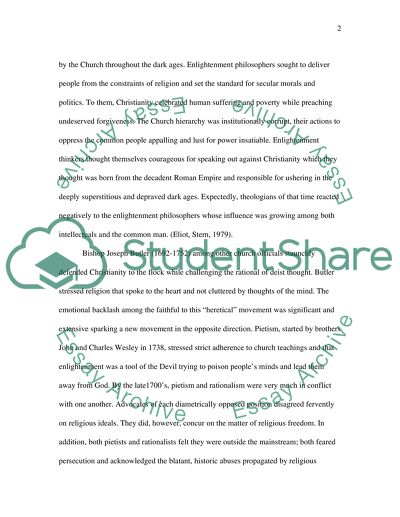Cite this document
(“Enlightenment Term Paper Example | Topics and Well Written Essays - 1250 words”, n.d.)
Enlightenment Term Paper Example | Topics and Well Written Essays - 1250 words. Retrieved from https://studentshare.org/religion-and-theology/1464558-enlightenment
Enlightenment Term Paper Example | Topics and Well Written Essays - 1250 words. Retrieved from https://studentshare.org/religion-and-theology/1464558-enlightenment
(Enlightenment Term Paper Example | Topics and Well Written Essays - 1250 Words)
Enlightenment Term Paper Example | Topics and Well Written Essays - 1250 Words. https://studentshare.org/religion-and-theology/1464558-enlightenment.
Enlightenment Term Paper Example | Topics and Well Written Essays - 1250 Words. https://studentshare.org/religion-and-theology/1464558-enlightenment.
“Enlightenment Term Paper Example | Topics and Well Written Essays - 1250 Words”, n.d. https://studentshare.org/religion-and-theology/1464558-enlightenment.


